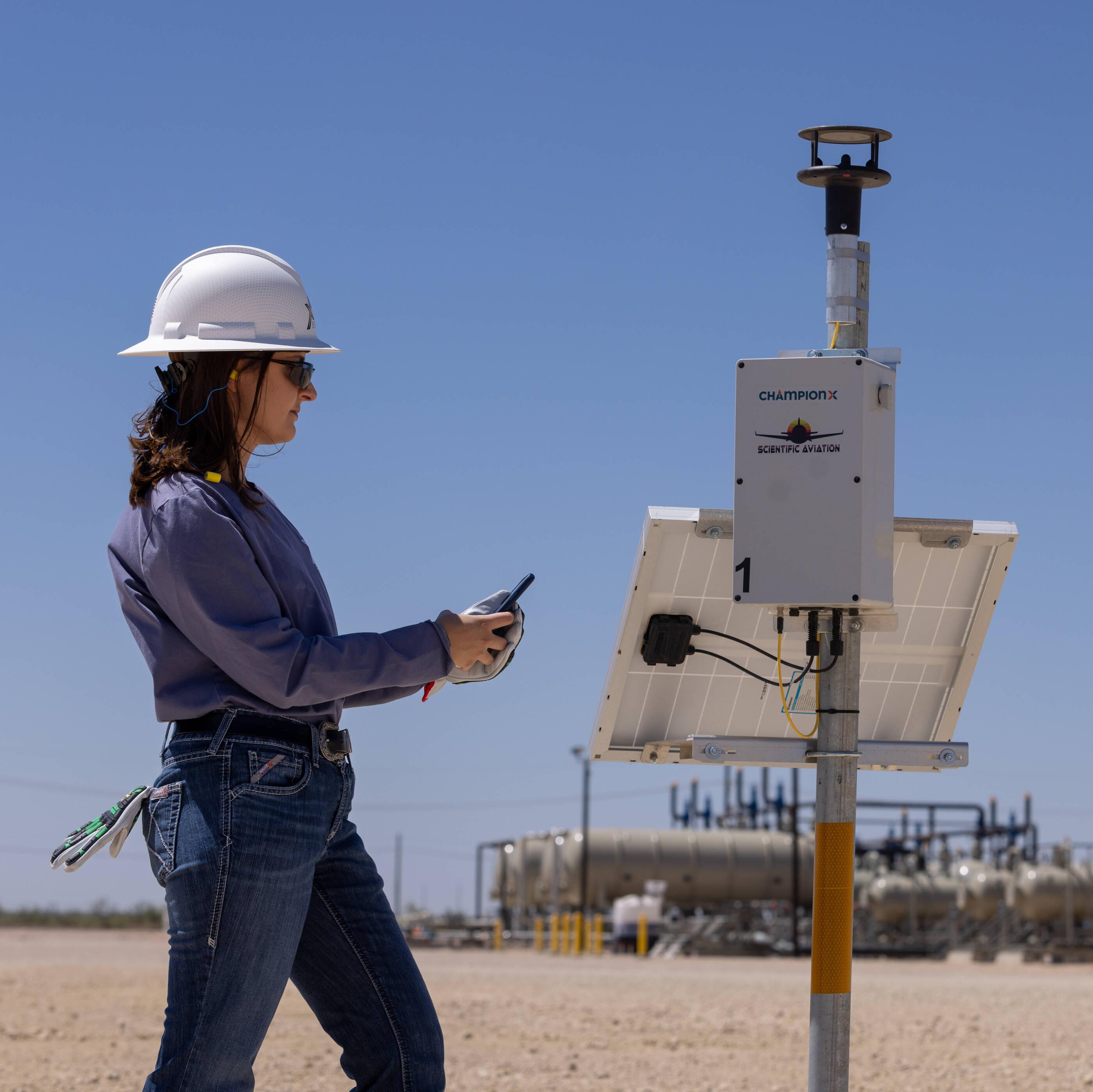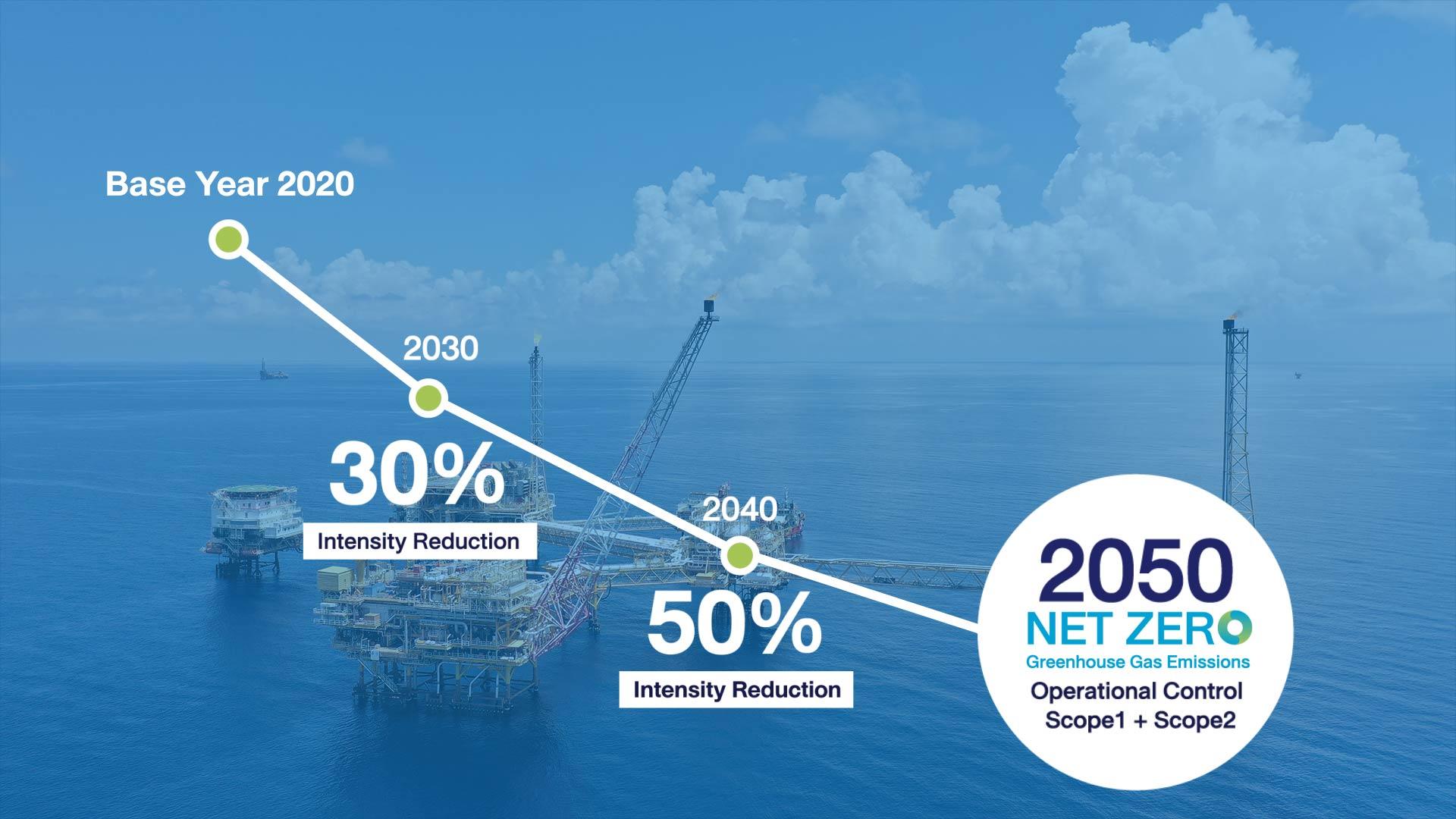Introduction

Recent studies have revealed that the concentration of carbon dioxide (CO2) in the Earth's atmosphere is projected to reach 341 parts per billion (ppb) by the year 2050. This alarming increase in CO2 levels has serious implications for the health of our planet and the future of humanity. In this article, we will discuss the potential consequences of rising CO2 levels and the urgent need for action to mitigate this issue.
The Impact of Rising CO2 Levels
As one of the primary greenhouse gases, CO2 plays a significant role in regulating the Earth's temperature. However, excessive levels of CO2 can lead to a phenomenon known as global warming, which has far-reaching consequences such as:
1. Climate Change
The increase in CO2 levels contributes to the overall warming of the planet, resulting in erratic weather patterns, more frequent and intense extreme weather events, and rising sea levels. This poses a significant threat to ecosystems, agriculture, and human settlements.
2. Ocean Acidification

When CO2 is absorbed by seawater, it undergoes chemical reactions that increase the acidity of the oceans. This has detrimental effects on marine life, including coral reefs, shellfish, and other marine organisms that rely on calcium carbonate for their survival.
3. Impacts on Human Health
The rise in CO2 levels contributes to air pollution and the formation of harmful smog, leading to respiratory illnesses such as asthma and other respiratory diseases. Furthermore, the effects of climate change, including heatwaves and the spread of vector-borne diseases, pose additional risks to human health.
The Need for Immediate Action
Given the potential consequences of rising CO2 levels, it is crucial to take immediate action to reduce greenhouse gas emissions and transition to cleaner and more sustainable sources of energy. Governments, businesses, and individuals must work together to:
1. Transition to Renewable Energy

Investing in renewable energy sources such as solar, wind, and hydropower can significantly reduce our reliance on fossil fuels, thereby lowering CO2 emissions and mitigating climate change.
2. Promote Energy Efficiency
Implementing energy-efficient technologies and practices, both in households and industries, can help reduce energy consumption and minimize CO2 emissions.
3. Preserve and Restore Ecosystems
Protecting and restoring forests, wetlands, and other natural habitats can act as carbon sinks, absorbing CO2 from the atmosphere and mitigating its impact on climate change.
The Role of Hotels in Combating CO2 Levels
Hotels, as large consumers of energy and resources, have a vital role to play in addressing rising CO2 levels. By adopting sustainable practices such as energy-efficient lighting, water conservation, waste reduction, and sourcing local and organic products, hotels can reduce their carbon footprint and contribute to a more sustainable future.
In conclusion, the projected increase in CO2 levels poses a significant threat to the Earth's climate system and ecosystems. To avert a climate crisis, it is crucial that we collectively take action now. By implementing sustainable solutions and making conscious choices, we can mitigate the effects of rising CO2 levels and work towards a greener and healthier planet.